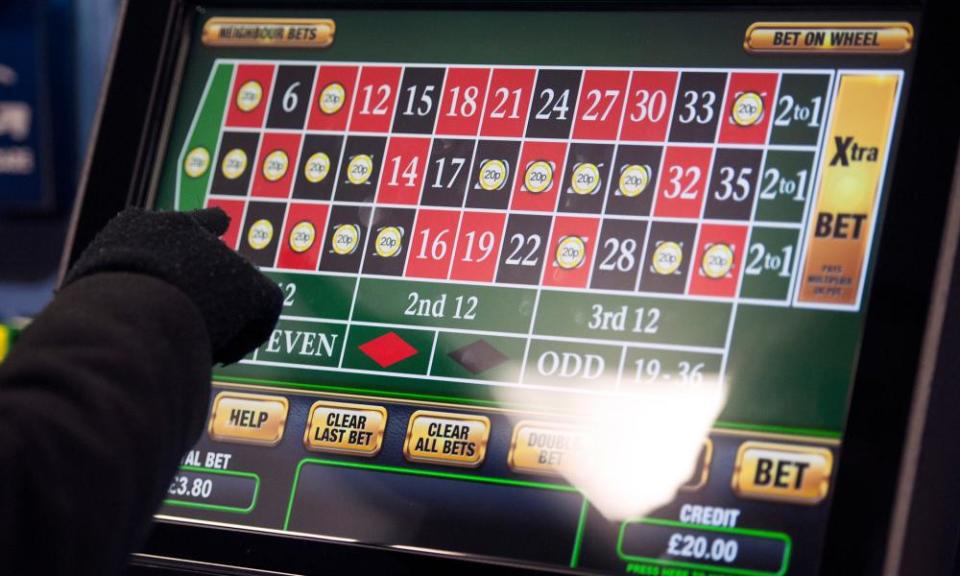Tom Watson: Labour would ban gambling with credit cards

Labour would ban the use of credit cards to place bets, affecting billions of pounds of transactions a year, as part of a crackdown on the gambling industry designed to tackle an “epidemic” of addiction.
Deputy leader Tom Watson will this week publish the conclusions of the party’s year-long review of gambling regulations, which were liberalised under Tony Blair’s government in 2007.
The full list of proposals will not be revealed until Thursday, but they include a blanket ban on the use of credit cards to bet, a practice that campaigners have said risks miring gamblers in ever greater debt.
Companies in the online gambling sector have indicated that 10%-20% of their £43bn in annual deposits, or up to £8.6bn, are made using credit cards, according to a report by industry regulator the Gambling Commission earlier this year. It did not publish estimates for high street bookmakers and casinos.
“Gambling addiction is this country’s hidden epidemic, but there are too few protections to help people who are suffering or at risk,” Watson told the Guardian.
“Debt-financed betting on credit cards is wrong. It allows people to bet more than they can afford and particularly affects gambling addicts. Labour will ban it.”
The Gambling Commission said earlier this year that it was weighing up the merits of a ban on credit card betting, while the UK’s leading gambling charity, GambleAware, has previously backed the measure.
Days before its annual conference in Liverpool next week, Labour will publish a raft of policies intended to reduce the number of problem gamblers in the UK, estimated at 430,000.
Watson and shadow health and social care secretary, Jon Ashworth, have spent a year reviewing the party’s position on gambling and have already promised to ban gambling companies from sponsoring football shirts.
The review has also fuelled speculation that Labour could come out in favour of placing new limits on the number of gambling adverts attached to live sport.
Research by the Guardian during this summer’s World Cup found that viewers were exposed to almost 90 minutes of betting adverts during the tournament, prompting concern about the impact on children.
Speaking at an industry conference on Tuesday, Sky Betting & Gaming chief executive, Richard Flint, backed reducing adverts “to a level that is not anti-competitive” but said a full-blown ban on ads during live sports would not work.
He joined several senior figures in the industry, including the chief executive of William Hill, in conceding that there may be too many gambling ads on TV.
Watson has also backed calls for a mandatory levy on gambling companies’ revenues to fund research, education and treatment.
Some firms have been criticised for failing to contribute to the existing voluntary donation system, under which firms are asked to pay 0.1% of their revenues to GambleAware.
Labour’s intervention comes as the government is under pressure to move faster to implement its own decision to reduce the maximum stakes on controversial fixed-odds betting terminals from £100 a spin to £2.

 Yahoo News
Yahoo News 